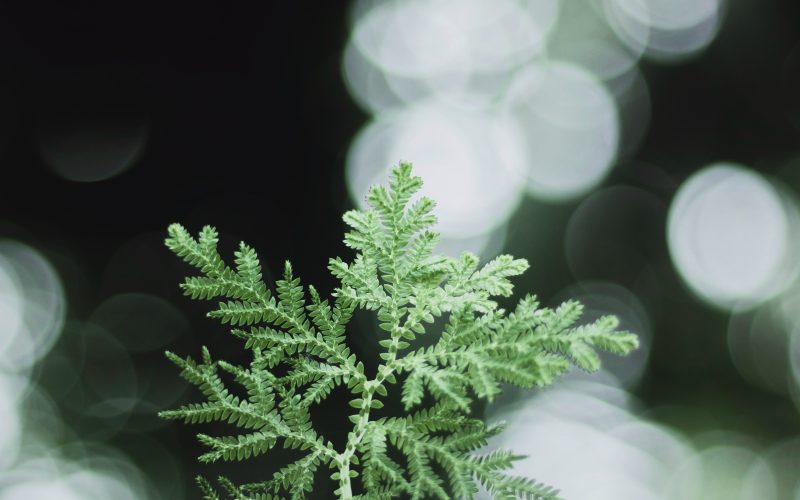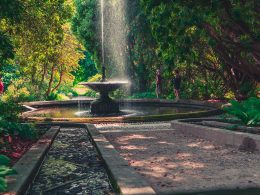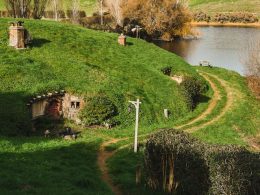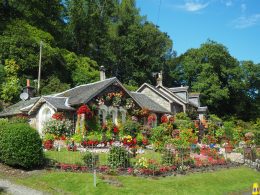Gardening is not just about creating a beautiful outdoor space; it’s also about supporting the ecosystem and promoting biodiversity. One way to do this is by designing a garden with pollinators in mind. Pollinators, such as bees, butterflies, and other beneficial insects, play a crucial role in our food system and the environment. They help pollinate crops, flowers, and other plants, which in turn provide food and habitat for other wildlife.
Here are some tips for designing a garden that will attract and support pollinators:
1. Choose the right plants: Pollinators are attracted to plants with bright colors, strong scents, and nectar-rich flowers. Choose a variety of plants that bloom at different times throughout the growing season to provide a continuous source of food for pollinators. Native plants are especially beneficial, as they have evolved to attract and support local pollinators.
2. Provide shelter: Pollinators need shelter to rest and protect themselves from predators. Provide nesting sites for bees and butterflies, such as hollow stems, dead wood, or nesting boxes. Create a diverse habitat with a mix of trees, shrubs, and perennials to provide shelter and nesting opportunities for a variety of pollinators.
3. Avoid pesticides: Pesticides can be harmful to pollinators and other beneficial insects. Instead, use natural pest control methods, such as companion planting, crop rotation, and handpicking pests. If you must use pesticides, choose products that are specifically labeled as safe for pollinators.
4. Provide water: Pollinators need water to drink and cool off. Provide a shallow dish of water with rocks or twigs for bees and butterflies to perch on. Avoid deep water sources, as they can be dangerous for small insects.
5. Maintain your garden: Regular maintenance, such as weeding, pruning, and deadheading, will keep your garden healthy and attractive to pollinators. Remove any diseased or dead plants, as they can attract pests and diseases that can harm pollinators.
Designing a garden with pollinators in mind is not only beneficial for the environment, but it can also be a rewarding and enjoyable experience. By creating a haven for bees, butterflies, and other beneficial insects, you can help support the ecosystem and promote biodiversity in your own backyard.












